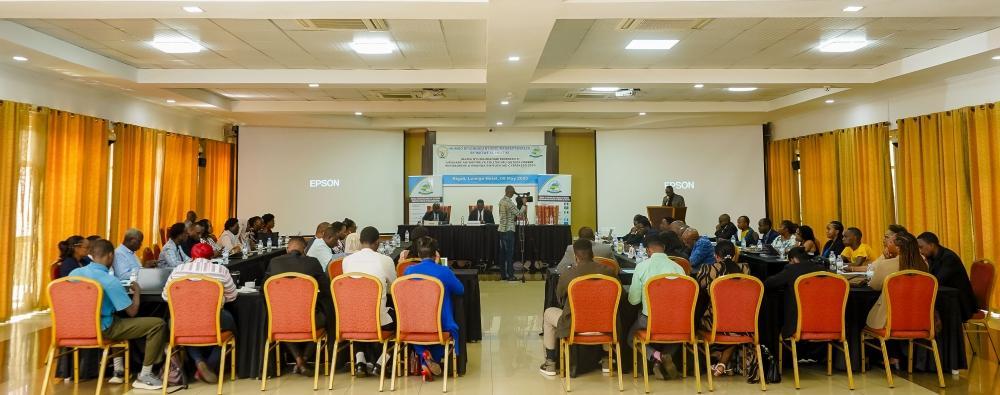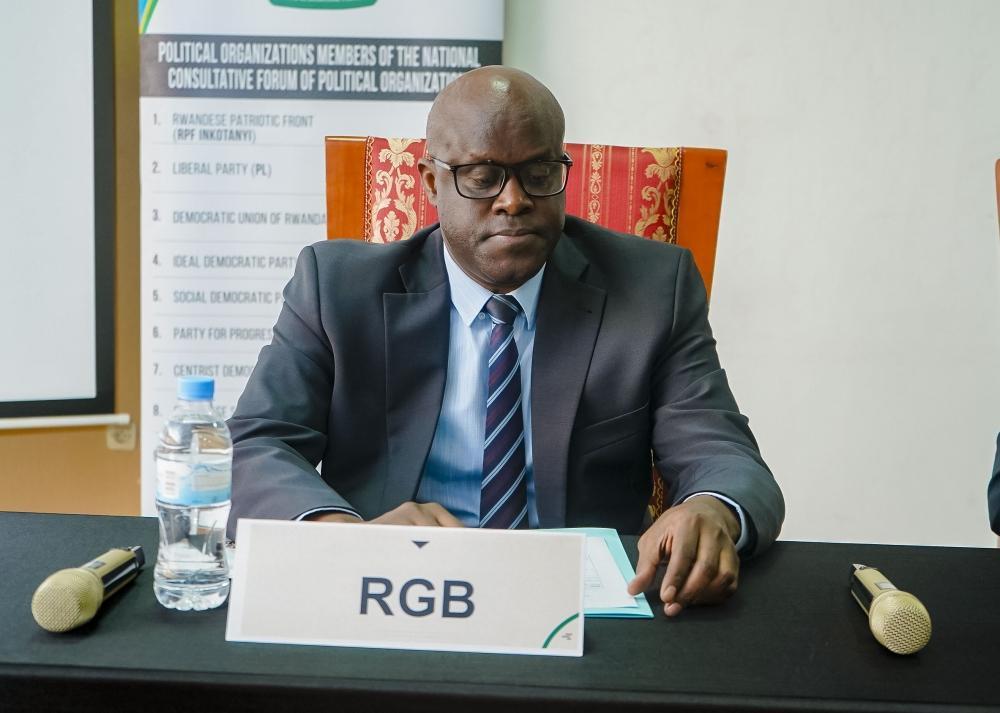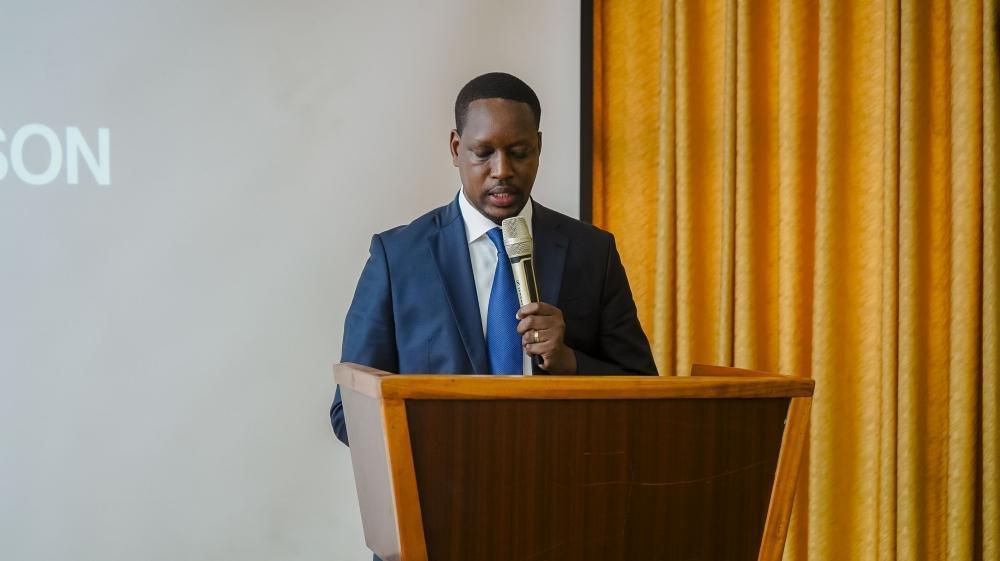Africa-Press – Rwanda. Rwandan political parties have been urged to enhance their presence at the grassroots level and to extend and promote their activities directly within local communities, ensuring that citizens remain central to their mission.
The call was made on Friday May 9, during a gathering which brought together all 11 legally recognised political parties in Rwanda, operating under the umbrella of National Consultative Forum of Political Organizations (NFPO).
The event involved officials from Rwanda Governance Board (RGB), the Ministry of Local Government (MINALOC), and members from both chambers of Parliament.
It aimed to review the status of political parties in terms of public engagement and to assess their contribution to achieving the goals of the second National Strategy for Transformation (NST2).
The discussion was informed by findings from the 11th edition of the Rwanda Governance Scorecard (RGS) 2024.
The RGS is an annual index that evaluates the state of governance by combining international benchmarks with home-grown indicators. It serves as a tool for assessing how citizens perceive and experience governance services.
Results of RGS 2024 showed an overall satisfaction rate of 88 per cent in the area of Political Rights and Civil Liberties, with political organisations specifically scoring 91.85 per cent.
However, the variable of citizens’ satisfaction with political parties’ promotion of governance scored 67.40, down from 79.42 per cent in 2023 and 72.80 per cent in 2022.
Speaking during the gathering, Boniface Ruterana, the Director General of Governance and Decentralisation at MINALOC, emphasized the need for political parties to take the findings seriously.
“Our goal should be 100 per cent performance across all pillars, especially with Vision 2050 in mind. Good governance and the well-being of Rwandans demand citizen participation in development programs. Political parties have a duty not only to engage in policymaking but also to ensure implementation,” he said.
He stressed that citizens should not be viewed as passive beneficiaries but as active clients who should be directly involved in shaping and benefiting from government programs.
“Political parties are key platforms for citizen interaction and advocacy, achieving our shared vision requires collective responsibility,” he noted.
Felicien Usengumukiza, Deputy CEO of RGB.
RGB urged political parties to enhance public outreach, clearly communicate their mission and manifestos, and demonstrate their role in fostering national development.
“Parties must build active leadership structures, encourage youth participation, and conduct research on their role in governance and development,” said Felicien Usengumukiza, Deputy CEO of RGB.
Balinda Rutebuka, the deputy spokesperson of the National Consultative Forum of Political Organizations (NFPO) during the meeting on Friday, May 9. He highlighted the importance of proximity to the population.
Balinda Rutebuka, a representative of the NFPO, highlighted the importance of proximity to the population.
“Political parties depend on citizens for support. It is essential to engage with them at the grassroots level, to ensure they understand our platforms and are actively involved in the development process. The report clearly shows we must intensify our efforts,” he said.
The RGS 2024 showed regional disparities in citizen satisfaction with political party engagement: Eastern Province recorded the lowest satisfaction rate at 22.90 per cent, followed by Southern Province at 22.64 per cent, Northern Province at 21.37 per cent, Western Province at 20.03 per cent, and the City of Kigali at 16.43 per cent.
For More News And Analysis About Rwanda Follow Africa-Press








